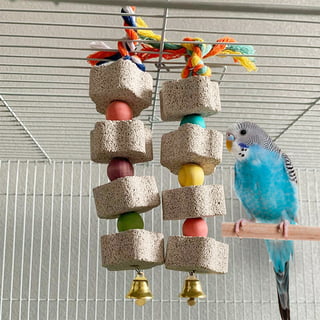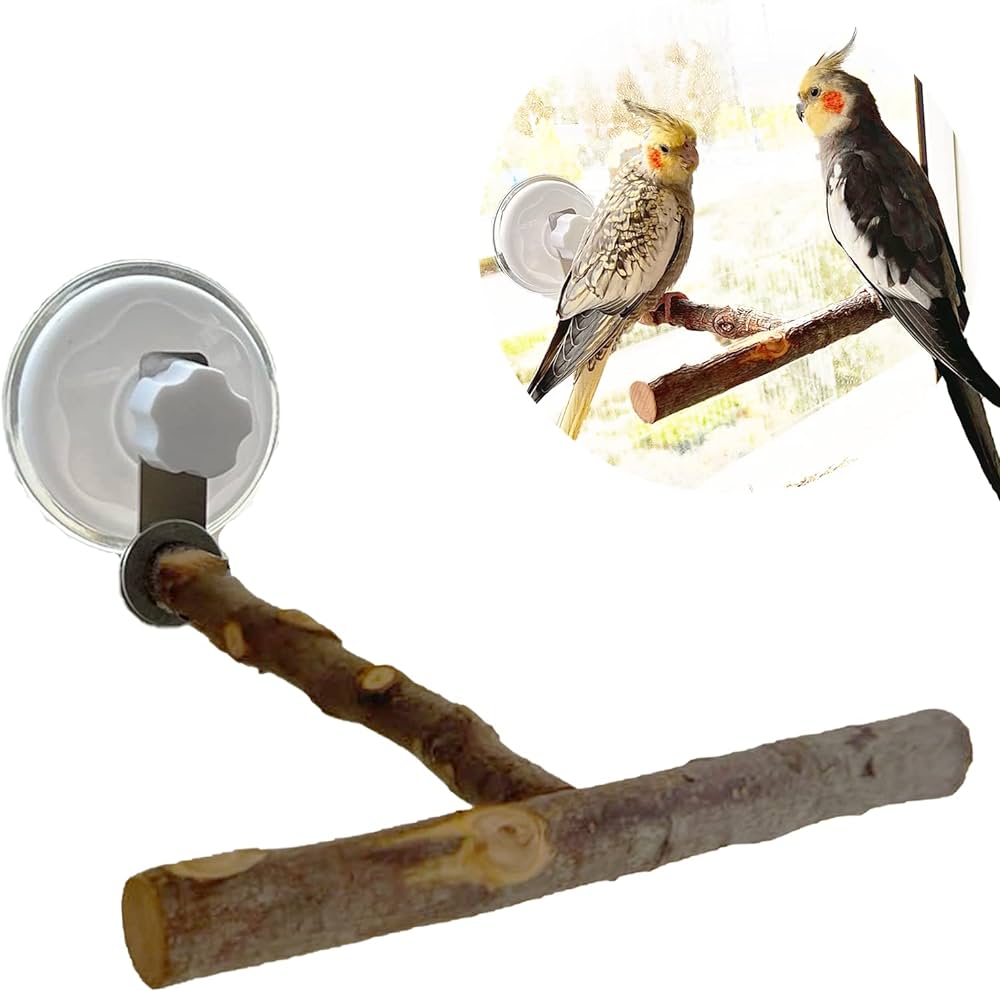Have you ever wondered why your conure periodically grinds its beak? Beak grinding is a common behavior exhibited by conures and other parrots. It might seem strange or even concerning at first, but it is actually a natural and healthy habit for these birds.

Credit: www.amazon.com
What is Beak Grinding?
Beak grinding is the act of rubbing and sliding the upper and lower portions of the beak together. This produces a grinding or squeaking sound that can be easily heard. You may also notice your conure moving its head back and forth during the grinding process.
Why Do Conures Grind Their Beaks?
Beak grinding is a self-soothing behavior for conures. It helps them to relax and feel content. There are several reasons why conures engage in beak grinding:
- 1. Comfort: Grinding their beaks can provide conures with a sense of comfort and security. It is akin to humans feeling relaxed when they are cozying up under a warm blanket.
- 2. Relaxation: Beak grinding is often observed when conures are preparing to sleep or just after waking up. It is a sign that your bird is relaxed and at ease.
- 3. Social Bonding: Conures are highly social birds and often imitate the behaviors of their flock members. If your conure hears another bird grinding its beak, it may join in as a form of social bonding.
- 4. Jaw Muscle Exercise: Beak grinding helps in keeping the jaw muscles of conures strong and healthy. This is important for grabbing and manipulating food, climbing, and various other activities.
When Should Beak Grinding Be a Cause for Concern?
In most cases, beak grinding is a completely normal behavior for conures. However, there are instances where it could indicate an underlying health issue:
- 1. Excessive Beak Grinding: If your conure is constantly grinding its beak throughout the day and night, it may be a sign of stress or discomfort. Keep a close eye on your bird’s overall behavior and consult with a veterinarian if needed.
- 2. Changes in Eating or Drinking Habits: Beak grinding combined with a loss of appetite, difficulty eating, or changes in water consumption could be indicative of an underlying health problem. Make sure to monitor your conure’s eating and drinking habits.
- 3. Abnormal Beak Appearance: If you notice any abnormalities in your conure’s beak, such as deformities, discoloration, or excessive growth, it is essential to seek veterinary attention. These issues could impair your bird’s ability to grind its beak naturally.

Credit: www.walmart.com
Frequently Asked Questions For Conure Beak Grinding: Unlock The Power Of This Essential Behavior
Is Beak Grinding Normal Behavior For Conures?
Yes, beak grinding is a normal behavior for conures. They do it to maintain their beaks’ shape and length.
Why Do Conures Grind Their Beaks?
Conures grind their beaks to keep them trimmed and prevent overgrowth, which can cause discomfort and difficulty eating.
How Often Do Conures Typically Grind Their Beaks?
Conures usually grind their beaks every few days or whenever they feel the need to maintain their beak’s length.
What Does It Mean If My Conure’s Beak Grinding Changes?
If your conure’s beak grinding suddenly increases or decreases, it could indicate stress, pain, or an underlying health issue. Consult a vet to be sure.
Conclusion
Beak grinding is a natural and healthy behavior in conures. It helps them relax, strengthen their jaw muscles, and establish social bonds. However, it is crucial to be aware of any changes or excessive grinding patterns that could indicate an underlying health issue. Regular veterinary check-ups and monitoring your conure’s overall behavior will ensure the well-being of your feathery friend.
| Related Topics |
|---|
| 1. Bird Cage Selection |
| 2. Conure Diet Tips |
| 3. Conure Enrichment Ideas |

